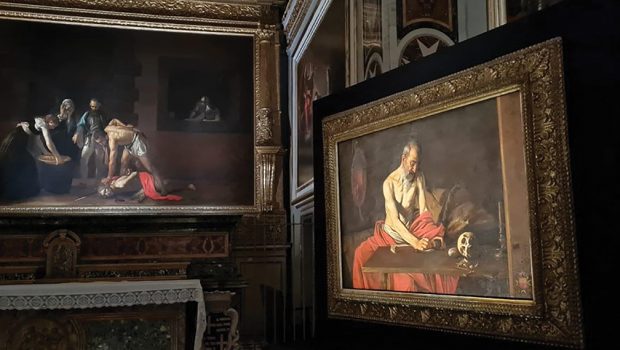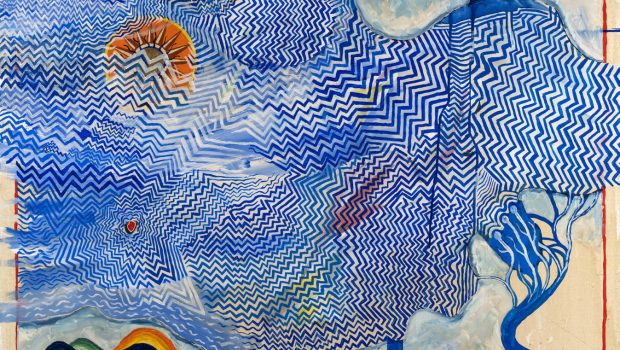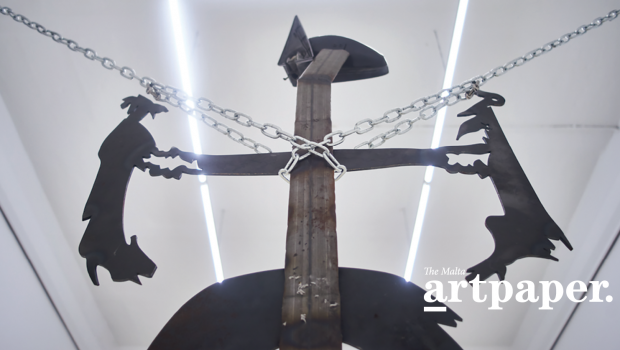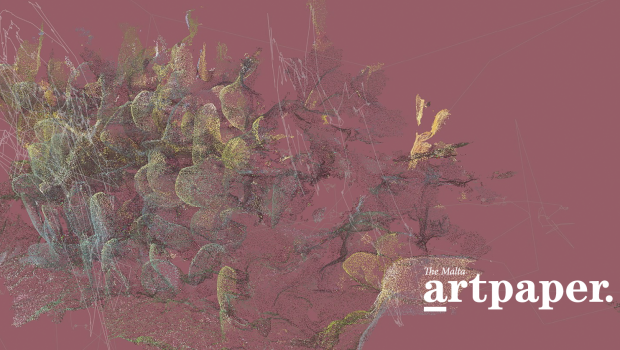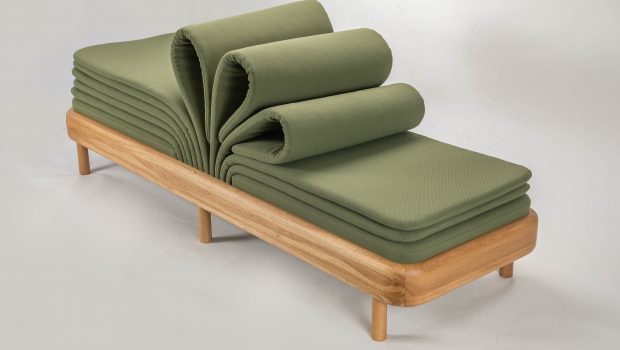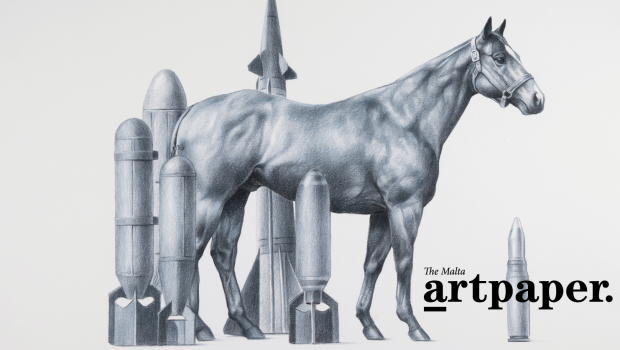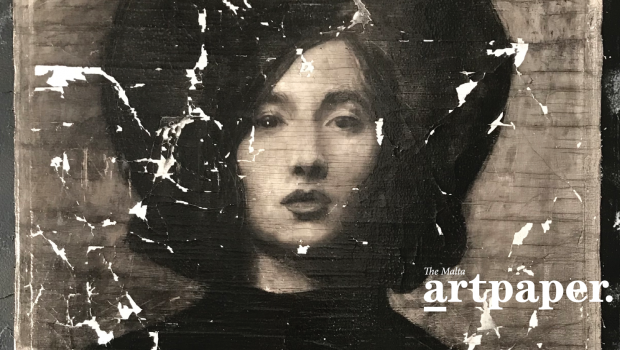Glossed Over
Joanna Delia interviews rising star – researcher, film-maker and artist - Charlie Cauchi
Charlie Cauchi’s work delves deep into the Maltese psyche and the twists this takes when the Maltese uproot themselves to live in other countries. Her transmedia project Latitude 36 – part of Valletta’s European Capital of Culture 2018 programme – included the documentary short, From Malta to Motor City, which focused on the Maltese diaspora in Michigan, USA and premiered at the Valletta Film Festival in 2018. Her solo work includes the video installation Sempre Viva – commissioned by Malta’s Ministry of Foreign Affairs – and the solo exhibition Returning to Latitude 36, that included a mixture of visual art practices to examine just a few past and present migration stories. In October of this year, she created the four-hour-long, two-channel work, Alma Mater: 100 years, 100 women, for the exhibition Hors Concours, commissioned by the University of Malta. Cauchi also collaborates with other film-makers to create short and feature-length films through her Maltese based production company Sajjetta.
Cauchi looks for and seems to bring to light and document the nuances of the stereotypical Maltese way of life, exposing the perhaps extremely revealing things the Maltese might try hard to hide from the rest of the world.
As her solo show Scheherazade is showing at Valletta Contemporary, Joanna Delia (JD) caught up with Cauchi (CC) to hear her thoughts on art, love and cruelty.
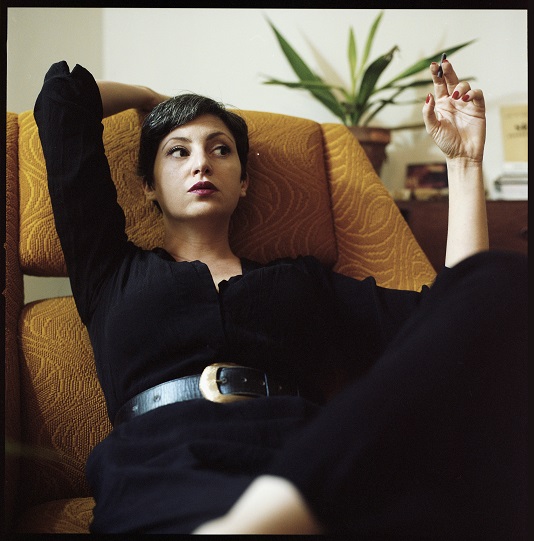
I’d hear stories about Maltese in East London and Soho. The older I got, the more complex these stories became and my curiosity grew.
JD: What is art for you?
CC: I can’t. I just can’t.
JD: When did you first exhibit?
CC: I first exhibited in 2017 with a solo show called From Purity to Perversion as part of Bettina Hutschek’s Fragmenta Malta project. I took over Valentine Hall in Hamrun and created a hybrid holy communion-wedding-divorce anniversary party.
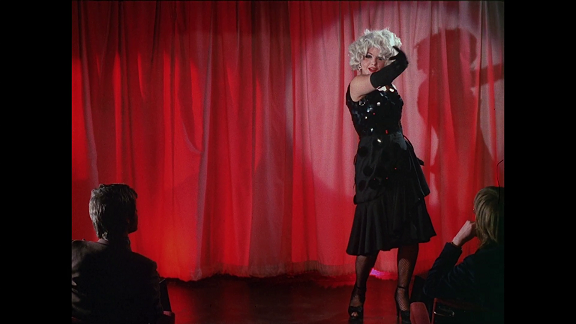
JD: Where else have you shown your work recently?
CC: My second show was Latitude 36, which took place at Blitz in 2018. It was part of a wider transmedia project that touched upon ideas of Maltese migration and the identities and stories that come out of these experiences. I created a series of artworks, ranging from photography and soundscapes, to built structures and moving image. The exhibition used a mixture of visual art practices to examine just a few past and present migration stories. Arranged around the architecture of the ‘townhouse’ structure that is Blitz, I appropriated each room in the gallery to tell a different story.
I also created a site-specific installation called Sempre Viva, aimed at bringing the observations and recollections of an intergenerational Maltese diaspora to an audience in their homeland. It was extremely fleeting and only on for a week at the end of 2018 but it was my biggest work to date. An 8ft mirrored cube monopolized the courtyard at the Ministry of Foreign Affairs in Valletta. A three-hour-long three-screen projection made up of work drawn from material I had collected over three years from the UK, Canada, America and Tunisia awaited the audience.
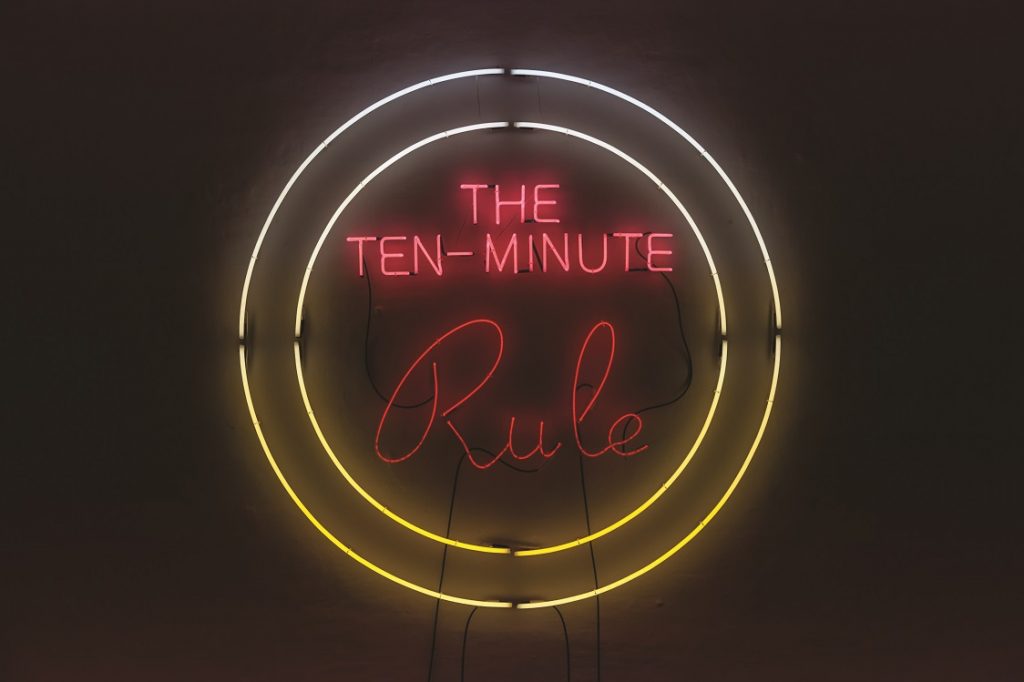
JD: Can you tell us a bit about your upcoming show?
CC: My next show is entitled Scheherazade, and is a multi-disciplinary and immersive installation built around the concept of a Soho nightclub. Here coercion and cruelty, love and violence, sex and entertainment are made palpable. The installation will run until February 2020. As a visual artist, I want to direct a penetrating pinpoint of light into the history of this dark underbelly, a place once renowned as the scandalous city of vice.
For the last four years I’ve been working on a multimedia project examining Maltese migration in different parts of the world. But I’ve always been specifically interested in the migrant community in of post-war London. I was born in East London, to a Maltese father, and my family were surrounded by Maltese friends. I’d hear stories about Maltese in East London and Soho. The older I got, the more complex these stories became and my curiosity grew. I touched upon this theme in my solo show, Returning to Latitude 36 at Blitz last year, but it’s the one subject that’s always remained with me so I decided my next work would focus on this topic. I’ve been researching Soho and East London for the past two years, and I’m currently developing a documentary on the topic. I employ a multi-disciplinary approach to my work and Valletta Contemporary approached me to create this new piece.
JD: Where did the exhibition’s name come from?
CC: It became clear that I wanted to use the nightclub aesthetic quite early on. There’s an amazing story of a club in Soho called Scheherazade, which I think might have been owned by Frank Spiteri. All the clubs had amazing names actually, like The White Monkey Club, El Morocco, Taboo Review, Casbah Striptese club – all quite exotic. The reason I chose this club was because it was the focus of a dramatic raid by Scotland Yard, where everyone in the club at the time – patrons, bar staff, even the band – were arrested. So, this club became my muse, but really represents an interpretation of the workings of Maltese-owned Soho from the 1940s right up until the 80s. Even though this show is named for a specific club in operation at a specific point in history, it is by no means a history of this club, but rather a departure point. I’m creatively exploring multiple elements across a broad history. It remains my own subjective portrayal.
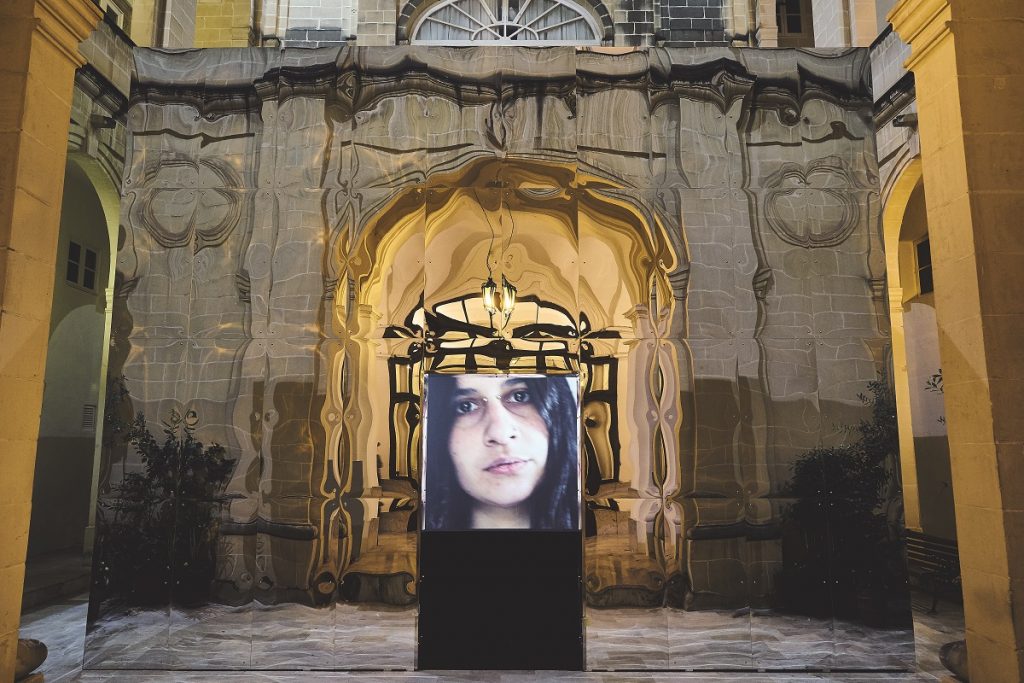
JD: What you want to transmit through the work?
CC: There is no love in this show, just cruelty, violence, coercion, and loss, all brought together under the auspices of glossy entertainment. I think a lot of the themes – migration, identity, and greed are just as relevant now as they’ve always been.
JD: Is it difficult to convince your ‘research subjects’ to divulge information and be filmed?
CC: All elements of this show are based on evidence collected from archives in the UK and other institutions. Video work in this show is fictional or archival. While I haven’t interviewed anyone for Scheherazade, everyone seems to have a connected story they’re eager to tell.’
JD: Have you experienced difficulties with the reactions of your filmed subjects to the final installation work?
CC: I consider my video work and my documentary work to be two separate practices. Just because they’re both based on the moving image, doesn’t mean they’re doing the same thing. Sometimes this might be unclear to some audiences.’
JD: Do you feel some form of catharsis knowing you bring to light complex issues/nuances/feelings often ignored or shamefully hidden by the players you develop into in your research and your work?
CC: I’m not sure the right word here is catharsis. It’s always interesting for me to hear other people’s stories that are prompted by my work. I often end up discovering more once the work is out there.
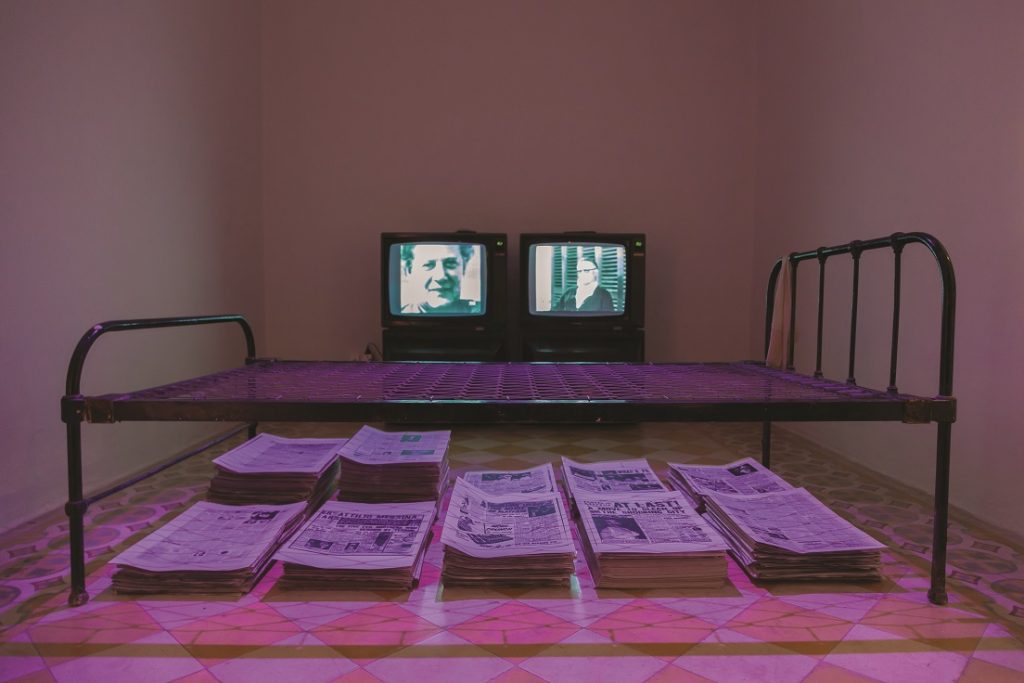
JD: Do you feel the Maltese environment is receptive to your art?
CC: That is a question I have been ruminating over quite a bit lately and the answer is – I don’t know. I might not ever know. I’m not even sure people even realise it exists, since most of what I make is fleeting and can be quite ephemeral.
JD: How has your work changed over the years?
CC: I don’t really think I have had enough time to really stand back and take stock of that. I think it has become bolder, though it is still always tinged with a level of discomfort and fear – for myself that is and not necessarily the viewer.
Scheherazade is on at the Valletta Contemporary galleries until February 2020. More information on www.vallettacontemporary.com and www.charliecauchi.com.

